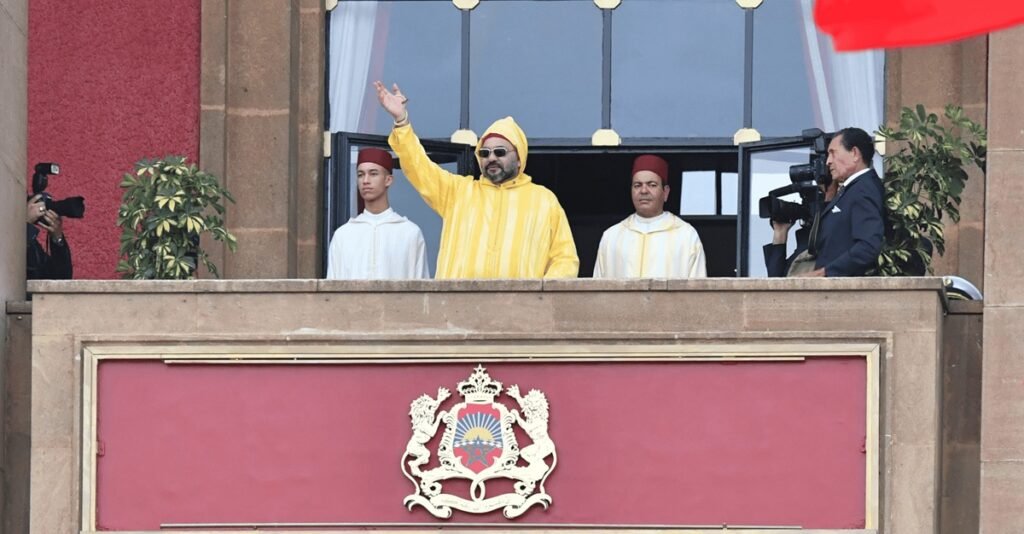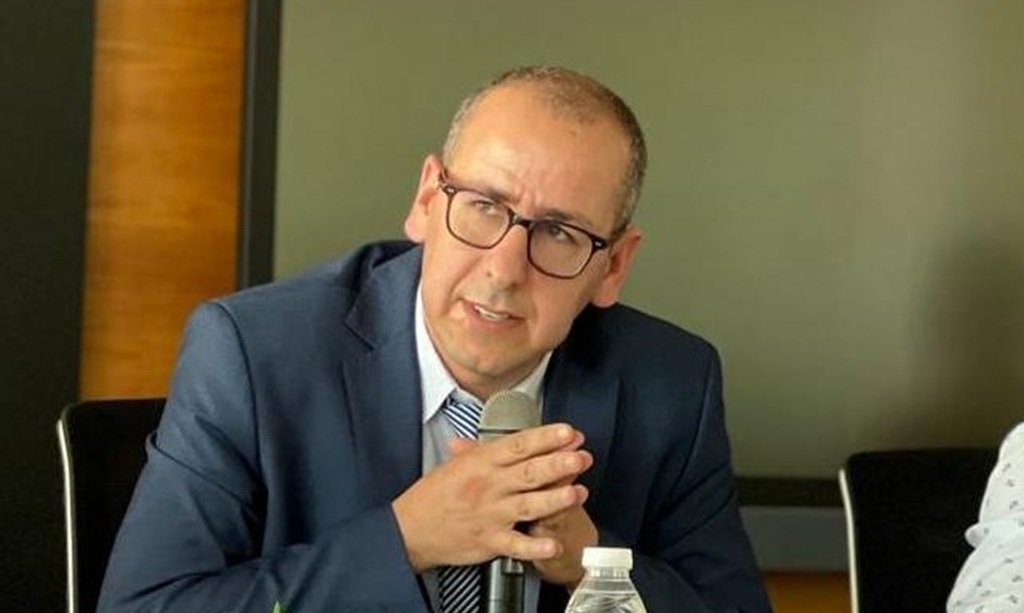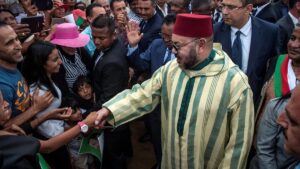Royal Speech of October 10, 2025: Towards a Morocco of Spatial Justice and Modernization of Development Action

Dr. Muhammad al-Amin al-Baqqali al-Tahiri (Moroccan university professor)
In his royal address to the nation, marking the opening of the first legislative session of the final year of the government's and parliament's term (October 10, 2025), King Mohammed VI outlined a comprehensive strategic vision aimed at consolidating the foundations of "a rising Morocco, united and open to change." His speech was neither protocol-based nor circumstantial, but rather constituted a solid intellectual and political foundation for formulating a new development path based on social and territorial justice, a culture of results, and collective institutional responsibility.
Institutional Responsibility: A Parliament That Continues, Not Maneuvers. The royal speech, in its introduction, emphasized the essential role of parliament, not only in terms of its legislative and oversight functions, but also as a channel for parallel diplomacy. However, the speech's most notable feature in this regard is its explicit call to the nation's representatives to avoid falling into the trap of "political waiting" or prematurely entering into pre-election calculations, and to focus instead on completing what has been started and achieving a qualitative accumulation of parliamentary performance.
Spatial Justice: From Slogan to Fateful Commitment. Perhaps the most prominent conceptual shift enshrined in the discourse lies in the shift from considering spatial justice merely a circumstantial priority to making it a strategic and structural challenge that must govern public policies at all levels. In this context, the discourse emphasized linking major national programs with territorial social projects, given that development can only be achieved through integrated approaches that take into account the balance between center and periphery, and between economic performance and social cohesion.
New Development Priorities: Starting from the Bottom Up. Royal directives set clear outlines for future priorities in development programs, which include:
• Supporting the local economy and creating job opportunities, especially for young people.
• Improving basic public services such as health and education. • Valuing fragile geographical capital, such as mountainous areas and oases, and integrating them into the development cycle.
• Developing the coast as a promising area within the blue economy, while respecting the environmental balance.
• Transforming rural centers into decentralized urban cores that can relieve pressure on cities. These axes reflect a qualitative shift from a sectoral approach to a comprehensive territorial vision that integrates place, people, and institutions into a unified development project.
A shift in mentalities: a condition for developmental transformation. The most significant aspect of this discourse is that it did not stop at diagnosis or setting priorities, but rather addressed the structure of developmental action itself, calling for:
• Updating managerial mentalities and establishing a culture of results instead of a culture of formal achievement.
• Investing in digitization and accurate data as a basis for public decision-making.
• Ending bureaucratic practices that waste time and resources. • Strengthening institutional communication and guiding citizens in understanding public policies. In this context, the speech places responsibility on all actors—government, parliament, political parties, civil society, and the media—to form an integrated national development front in which political competition does not overshadow the country's greater interests.
Unresolved questions and thought-provoking content. The royal speech raises fundamental questions worthy of public and academic discussion:
1. How can parliament—despite its legislative nature—enhance its role in promoting spatial justice programs? Is it through effective accountability? Through binding legislation? Or through effective political mediation and representation?
2. What are the mechanisms through which the "culture of results" called for in the speech can be measured? Will sectoral performance indicators be implemented? Will the budgets of local authorities and administrations be linked to clear performance? 3. To what extent can the involvement of rural centers and mountainous areas contribute to reducing the glaring disparities between regions? Do we have truly positive, differentiated territorial public policies, rather than just partial, seasonal programs?
In conclusion, the royal speech of October 10, 2025, is not merely a concluding political document for a parliamentary term. Rather, it is the declaration of a new phase in Moroccan development action, based on a radical departure from traditional practices and a shift toward a territorial and integrated development model. Achieving the contents of this speech requires a collective will—legislative and executive, party and societal—capable of investing political time rather than wasting it, and prioritizing national interest over factional or circumstantial considerations. “Spatial justice is not an empty slogan, but a fateful challenge.” Are we ready to fulfill this challenge?






